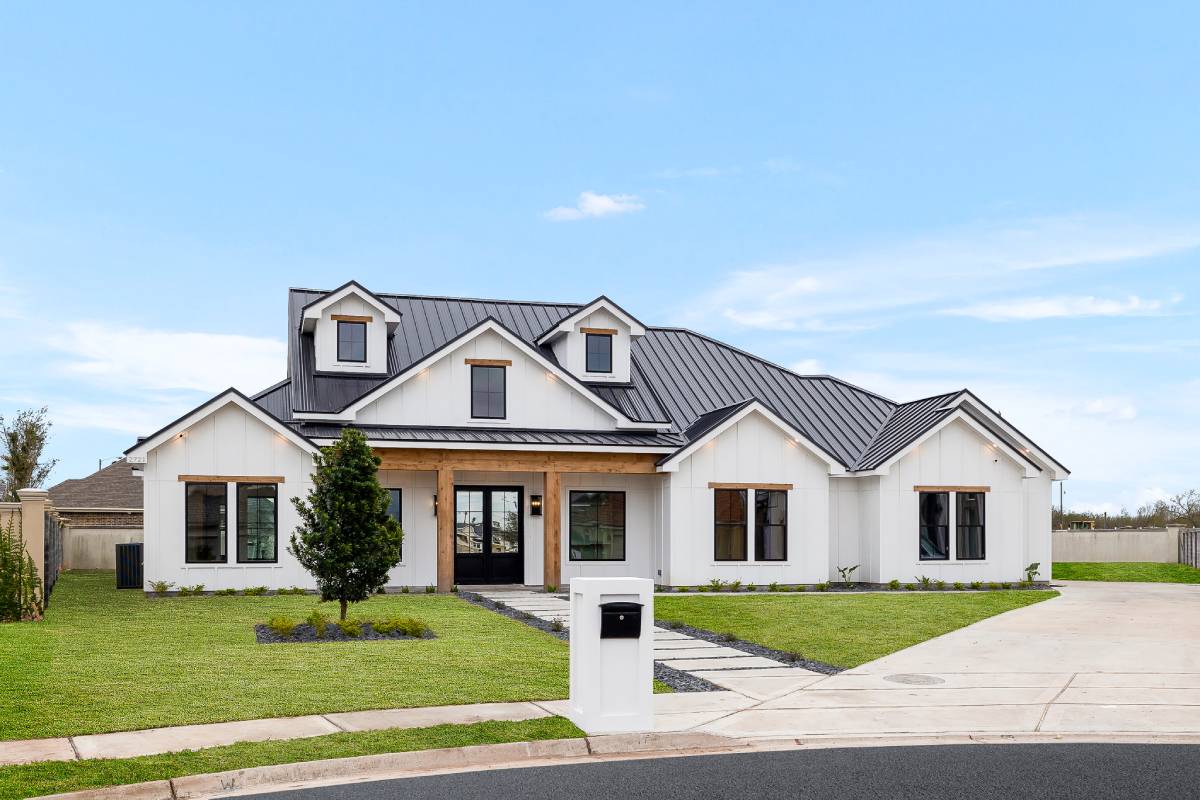Budgeting Your Renovation Estimating Costs Effectively

Introduction
Embarking on a renovation project can be both thrilling and daunting. Whether you’re updating a single room or revamping your entire home, managing the costs is often the most challenging aspect. However, with careful planning and accurate estimation, you can navigate through the financial maze and bring your renovation dreams to life without breaking the bank.
Understanding Your Project Scope
Before diving into cost estimation, it’s crucial to define the scope of your renovation project. Are you looking to make minor cosmetic changes or undertake major structural alterations? Clearly outlining your objectives will not only help you prioritize expenses but also prevent unexpected budgetary surprises down the road.
Researching Materials and Labor Costs
Once you have a clear vision of your renovation goals, it’s time to research the costs associated with materials and labor. Prices can vary significantly depending on factors such as location, quality, and current market trends. Take the time to gather quotes from multiple suppliers and contractors to ensure you’re getting the best value for your money.
Creating a Detailed Budget
With the necessary information at hand, it’s time to draft a detailed budget for your renovation project. Divide your budget into categories such as materials, labor, permits, and contingency funds. Be sure to allocate funds based on your priorities while keeping a buffer for unexpected expenses.
Accounting for Hidden Costs
Renovation projects are notorious for hidden costs that can quickly escalate your budget. From structural issues discovered during demolition to unforeseen permit fees, it’s essential to account for these potential expenses from the outset. Building a contingency fund of around 10-20% of your total budget can provide a safety net for any surprises that may arise.
Seeking Professional Advice
While DIY renovations can save money, certain projects are best left to the professionals. Consulting with architects, interior designers, or experienced contractors can help you make informed decisions and avoid costly mistakes. Additionally, professionals can provide accurate cost estimates based on their expertise and industry knowledge.
Prioritizing Your Expenses
Inevitably, you may encounter budget constraints that require you to make tough decisions about where to allocate your funds. Prioritize essential elements of your renovation, such as structural repairs or safety upgrades, over purely aesthetic enhancements. Remember, you can always tackle non-essential improvements in future phases as your budget allows.
Exploring Cost-Saving Alternatives
Renovating on a budget doesn’t mean compromising on quality or style. Get creative and explore cost-saving alternatives for materials and finishes. Consider refurbished or gently used items, shop for discounts and sales, or explore eco-friendly options that offer long-term savings on energy and maintenance costs.
Tracking Expenses Throughout the Project
Once your renovation is underway, diligent expense tracking is crucial to staying within budget. Keep detailed records of all expenditures, including receipts and invoices, and regularly compare them to your budget plan. This proactive approach will allow you to identify any budgetary deviations early on and make necessary adjustments as needed.
Adapting to Changes and Challenges
Despite careful planning, renovations rarely go exactly as anticipated. Unexpected delays, design changes, or supply shortages can all impact your budget and timeline. Stay flexible and be prepared to adapt to these challenges as they arise. Having a contingency plan in place will help you navigate through any obstacles without derailing your project entirely.
Conclusion
Embarking on a renovation journey is an exciting endeavor, but it requires careful financial planning and foresight to ensure success. By understanding your project scope, researching costs, creating a detailed budget, and staying flexible throughout the process, you can effectively estimate and manage your renovation expenses. With the right approach, you can transform your living space while keeping your finances intact. Read more about estimating renovation costs








